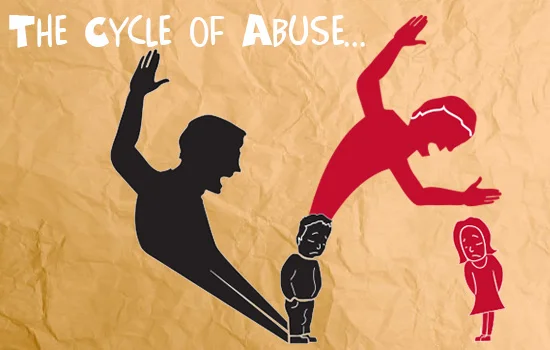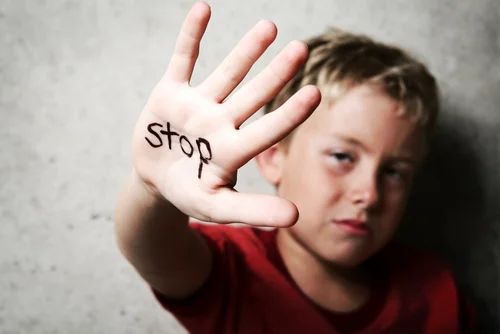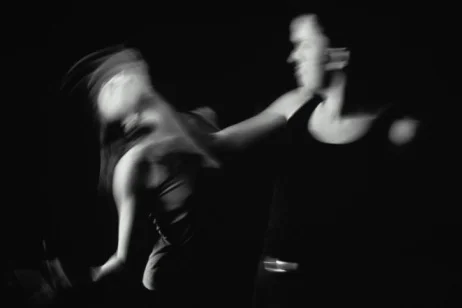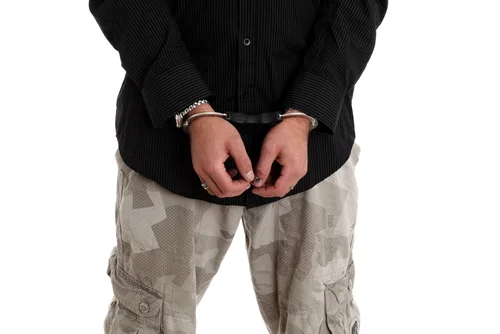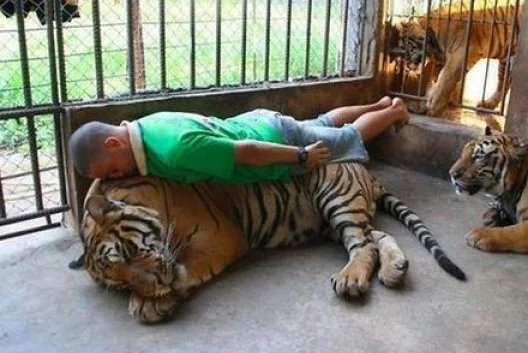+1 845 259 2974 (11 a.m to 7 p.m CST)
Domestic violence: How verbal abuse affects kids?

"The deepest scars are those that cannot be seen”. This is usually said about psychological and emotional damage that a person experiences. As compared to the physical scars, the invisible emotional scars are difficult to heal, as they last long till later adulthood. Verbal abuse from parents is a form of domestic violence which leaves deep imprints on the mind and personality of children. Teens who have been criticized or mocked at by their parents grow up to have low self esteem, which persists until professional help is sought.
How criticism effects teens?
Adolescence is the time when a child’s personality begins to take a form, which is foundation of the behavior they will exhibit in their adulthood. Harsh and unnecessary criticism shakes that foundation and makes them feel worthless, confused and angry. These feelings develop low self-esteem in teenagers, which is extremely devastating for them. If parents constantly tell their children how ‘fat’ they look in a certain dress, they can go to extremes of being bulimic or anorexic.
Hits harder than physical abuse
A research conducted at the University of Calgary concluded that verbal abuse has lasting psychological damage, far worse than physical abuse. Unfortunately, parents are not aware of the impact that verbal abuse has. In their mind, insulting kids in front of an audience, using profanity or yelling at them is considered to be verbal abuse. Researchers have said that worst form of verbal abuse is harsh criticism that expresses parents’ dissatisfaction and disappointment towards the kids. Children internalize this criticism and express it in forms of deviant behavior or complete isolation. The effects of verbal abuse on children are deep and long lasting.
Comparison is unhealthy
“Look at Sam, how brilliant he is at baseball! Learn from him.” Comparing your kids to others will never improve your kids at anything. The message that your teen is ‘just not good enough’ does not set well in their minds. This way parents damage their kids’ self-esteem by ridiculing, judging and humiliating them. Instead of motivating the kids to do their best, they recline into their shell and create feelings of hatred and resentment towards other kids.
How low self-esteem shapes personality?
If a teen develops low self-esteem during adolescence then chances are they will always end up doing things to please others. As a child, they would try to go out of their way to please their parents. In adulthood, they will exhibit the same behavior in their professional and personal lives. This will make it very difficult for them to take a stand for themselves. However, in another extreme case they may become deviant and adopt a behavior to challenge every authority – parental, social and law. In both the cases, teenagers are still suffering from the psychological wounds inflicted by parents through verbal abuse.


